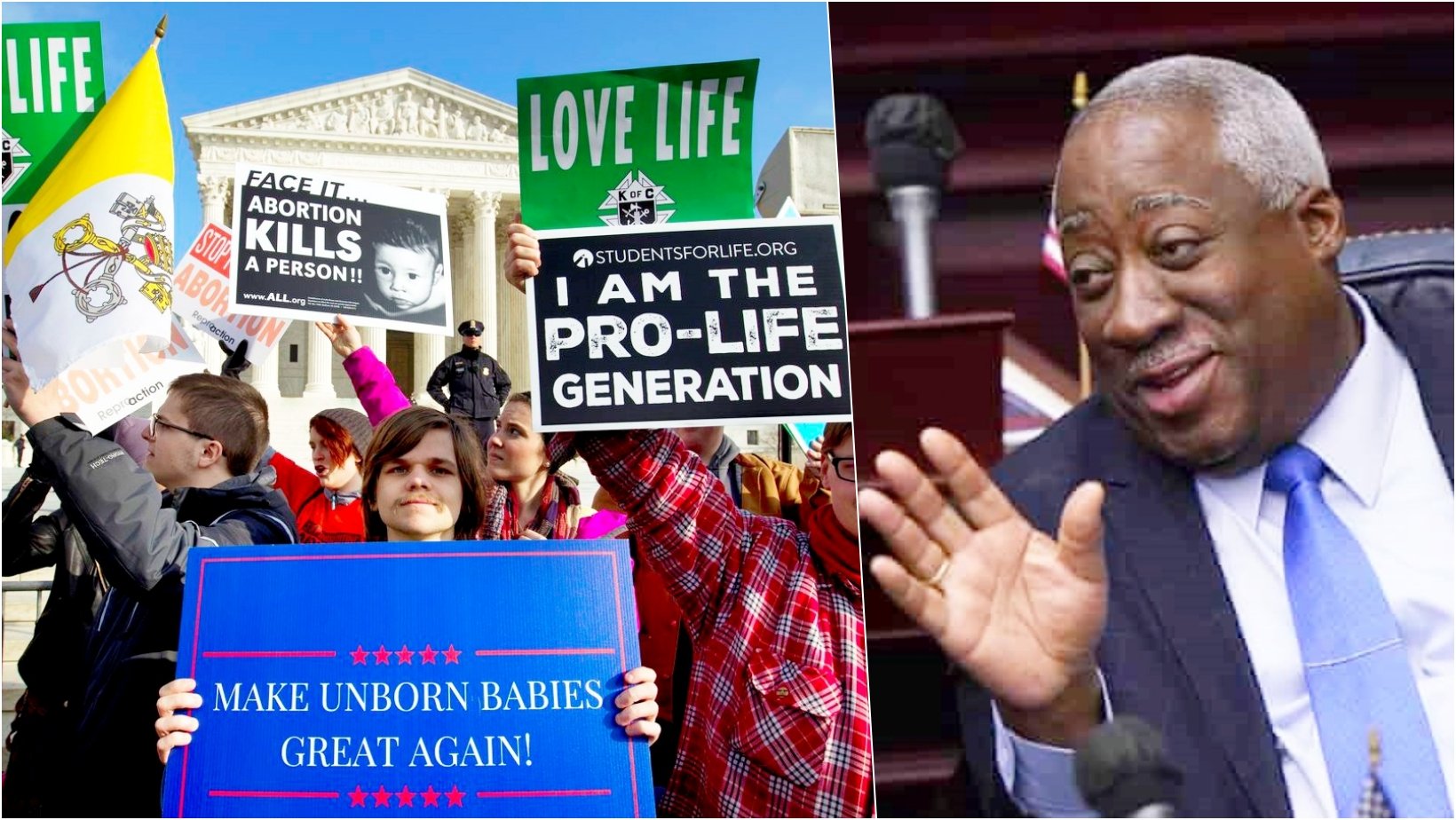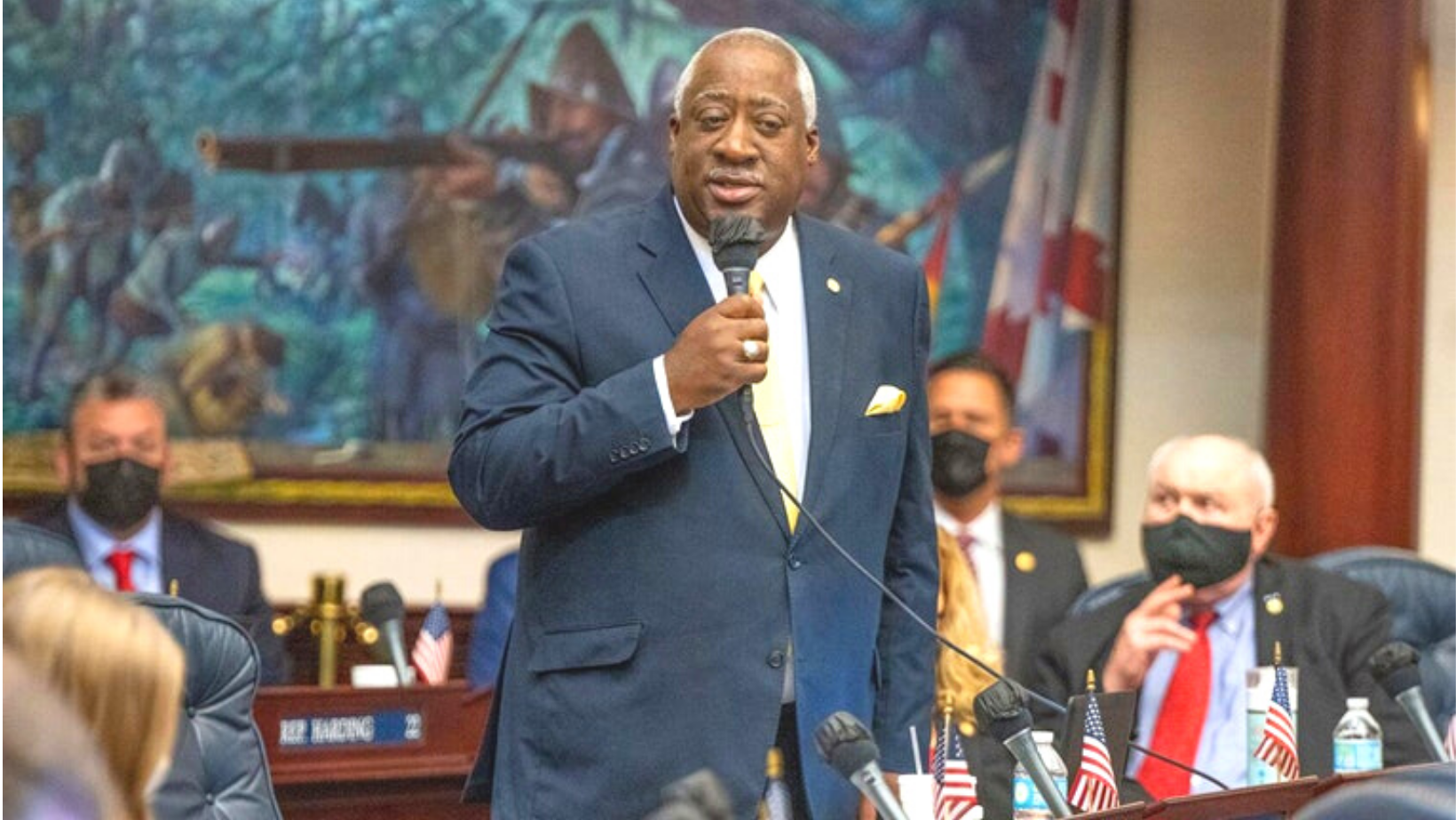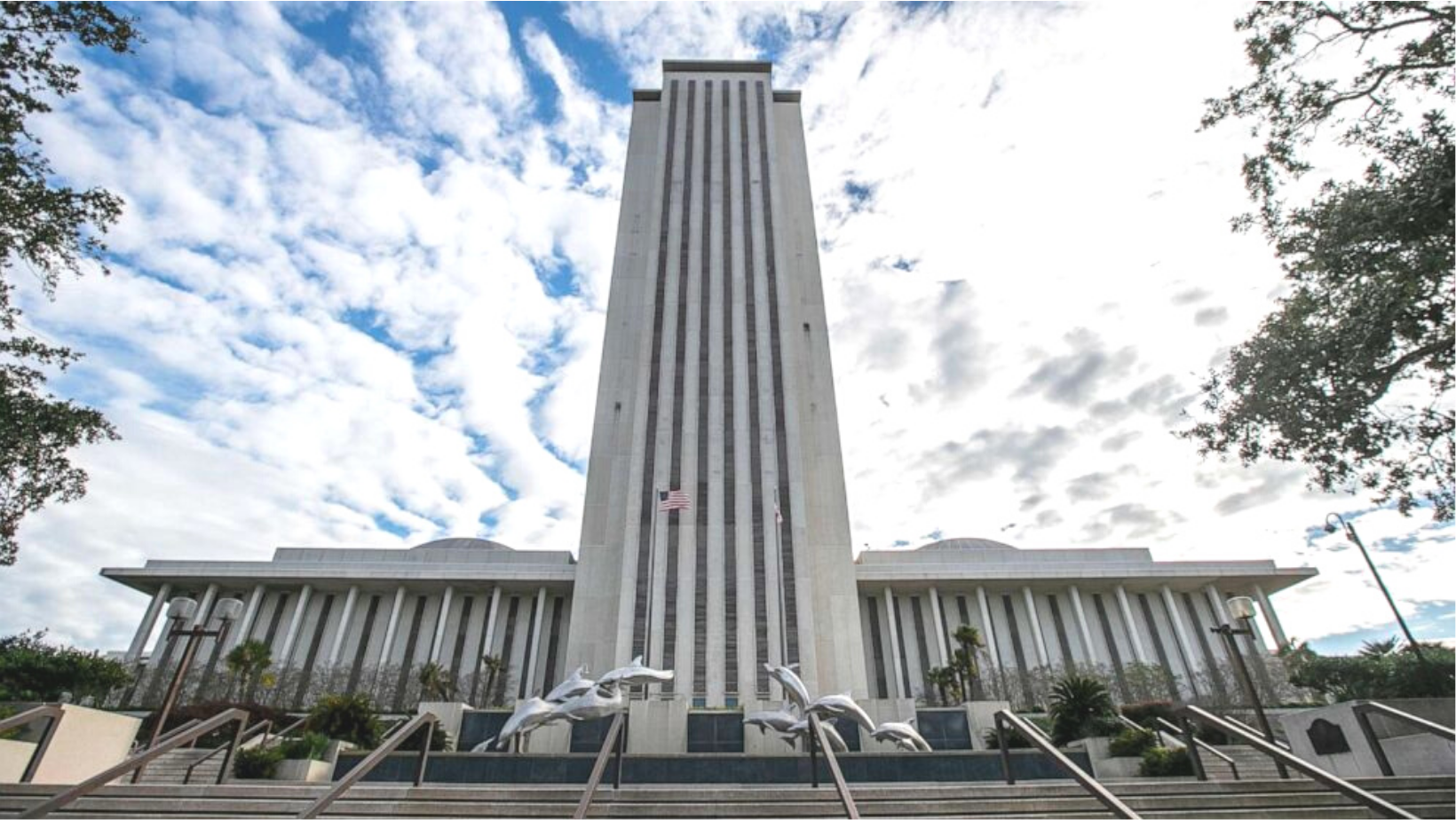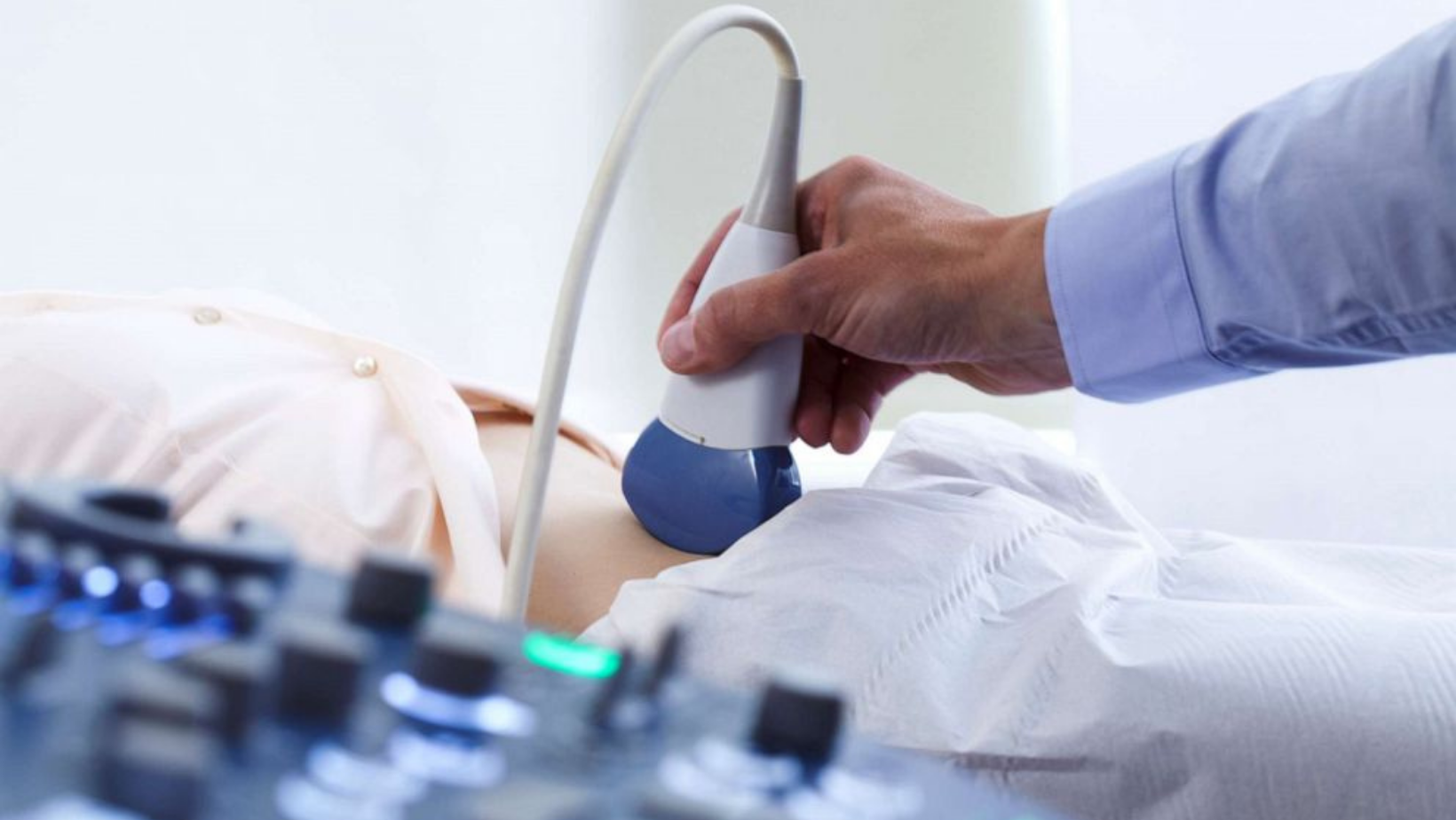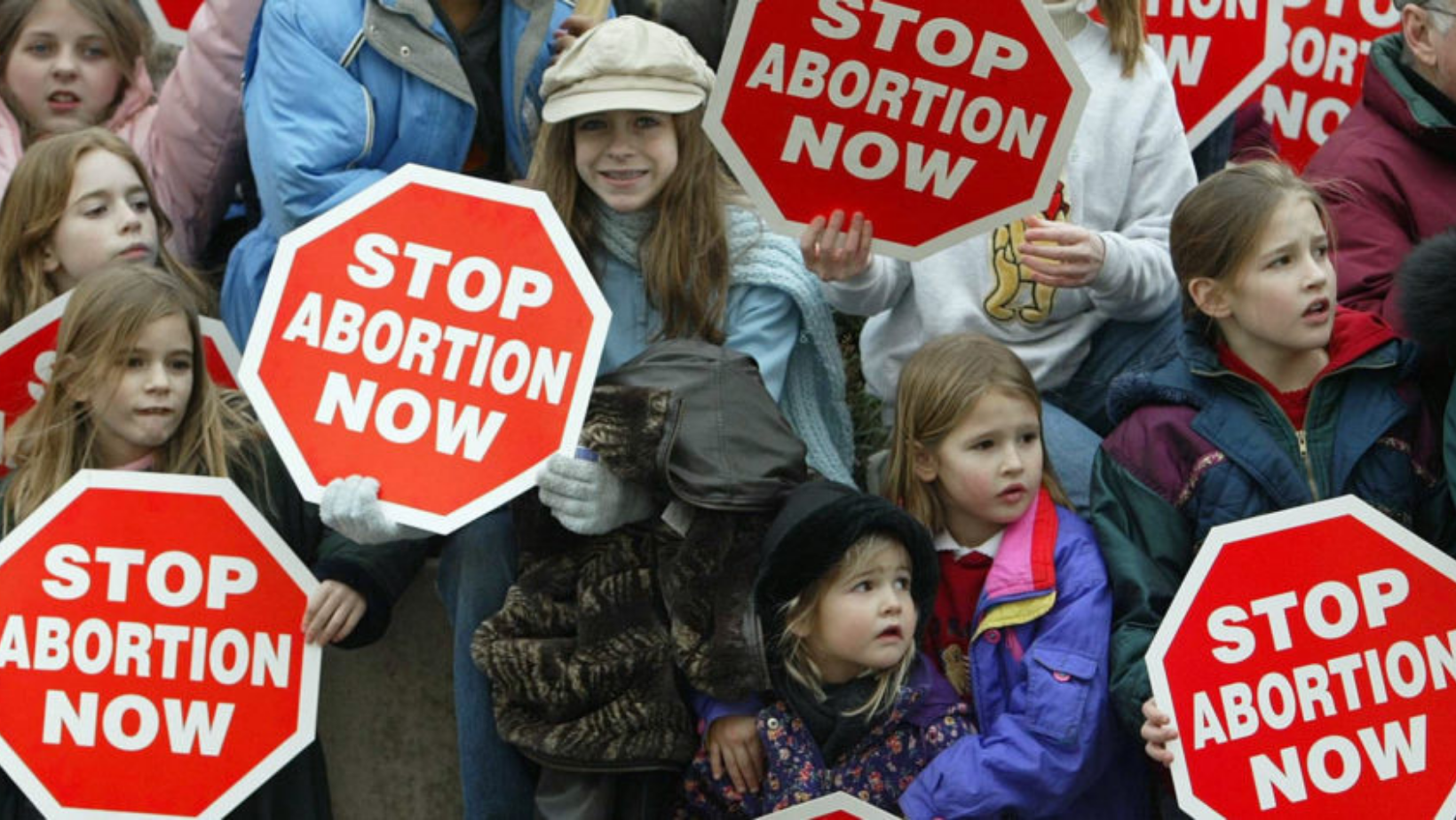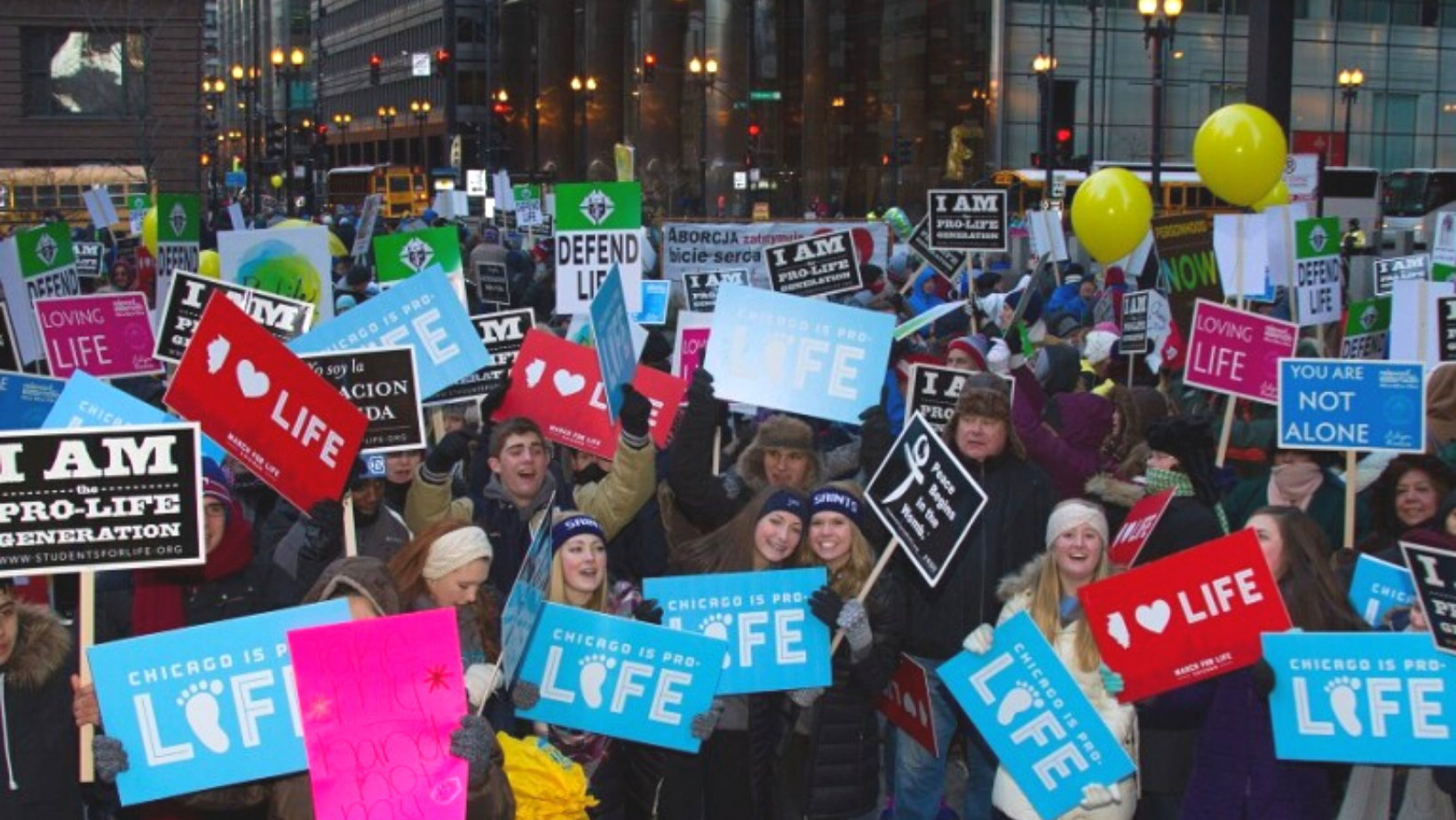A Florida lawmaker has introduced an abortion restriction bill similar to the one that took effect in Texas earlier this month.
The new bill, HB 167, introduced Wednesday in the Florida House of Representatives by Rep Webster Barnaby, would ban most abortions in the state.
It would also allow people to file civil lawsuits against doctors who violate the law HB 167 would require physicians to test for a “fetal heartbeat” on a pregnant person seeking an abortion.
The legislation would prohibit abortion after a fetal “heartbeat” is detected, a term referring to electrical activity that doctors say is misleading. Such activity usually occurs six weeks into a pregnancy, which is before many people know they are pregnant.
Under the proposal, anyone who “aids and abets” an abortion procedure beyond the six-week mark could be sued for at least $10,000, regardless of whether they even knew they were a part of someone’s plan to get the abortion.
Webster’s introduction of the bill comes weeks after the US Supreme Court allowed Texas law to go into effect.
Several days after, a doctor in the state has publicly claimed that he had violated the ban and was hit with at least two lawsuits brought against him under the ban.
Both lawsuits are brought by plaintiffs who say they oppose the new law but are eager to get the challenge before a judge.
Previous attempts to pass such restrictive abortion laws in Florida had failed, but the supreme court’s decision not to block Texas’s anti-abortion law has ignited new attempts to pass anti-choice legislation across the country.
In addition to Florida, Republican leaders in at least five other states have said that they are interested in passing legislation similar to the Texas abortion ban.
After the supreme court’s widely criticized decision, Florida’s governor, Ron DeSantis, and other Republican lawmakers echoed their support for the bill and interest in replicating it in the Sunshine state.
“I have always fought for unborn babies and their right to life, and the Florida house of representatives has been a national leader in developing pro-life legislation,” Chris Sprowls, Florida house speaker, said through a spokesperson.
“Our laws have to be strong enough to jump through multiple levels of judicial scrutiny. We look forward to bringing to the floor a bill that saves every unborn life possible,” he added.
Nikki Fried, agriculture commissioner, and a Florida Democrat have condemned the new legislation and said: “This bill is dangerous, radical, and unconstitutional.”
“The hypocrisy of this attempt by Governor (Ron) DeSantis and Republicans in the state legislature to take away our rights while at the same time preaching ‘my body, my choice’ when it comes to wearing masks is absolutely disgusting,” he added.
Anna Eskamani, a representative from Florida Democrat, called the proposed legislation a “gross excuse of a bill” that “attacks women and birthing people.”
She tweeted: “Extreme attacks on reproductive health are not about policy, it is about control, shame, and will negatively impact communities who already experience barriers to accessing care.”
Unlike the law in Texas, Barnaby’s bill permits exemptions for abortions in the instance of rape, incest, domestic violence, human trafficking, or a health condition that threatens the mother. But documentation is required to obtain the exemption.
The bill states: “The state of Florida has a compelling interest from the outset of a woman’s pregnancy in protecting the health of the woman and the life of the unborn child.”
Taryn Fenske, the governor’s spokesperson said in a statement: “Governor DeSantis is pro-life. The governor’s office is aware that the bill was filed today and like all legislation, we will be monitoring it as it moves through the legislative process in the coming months.”


